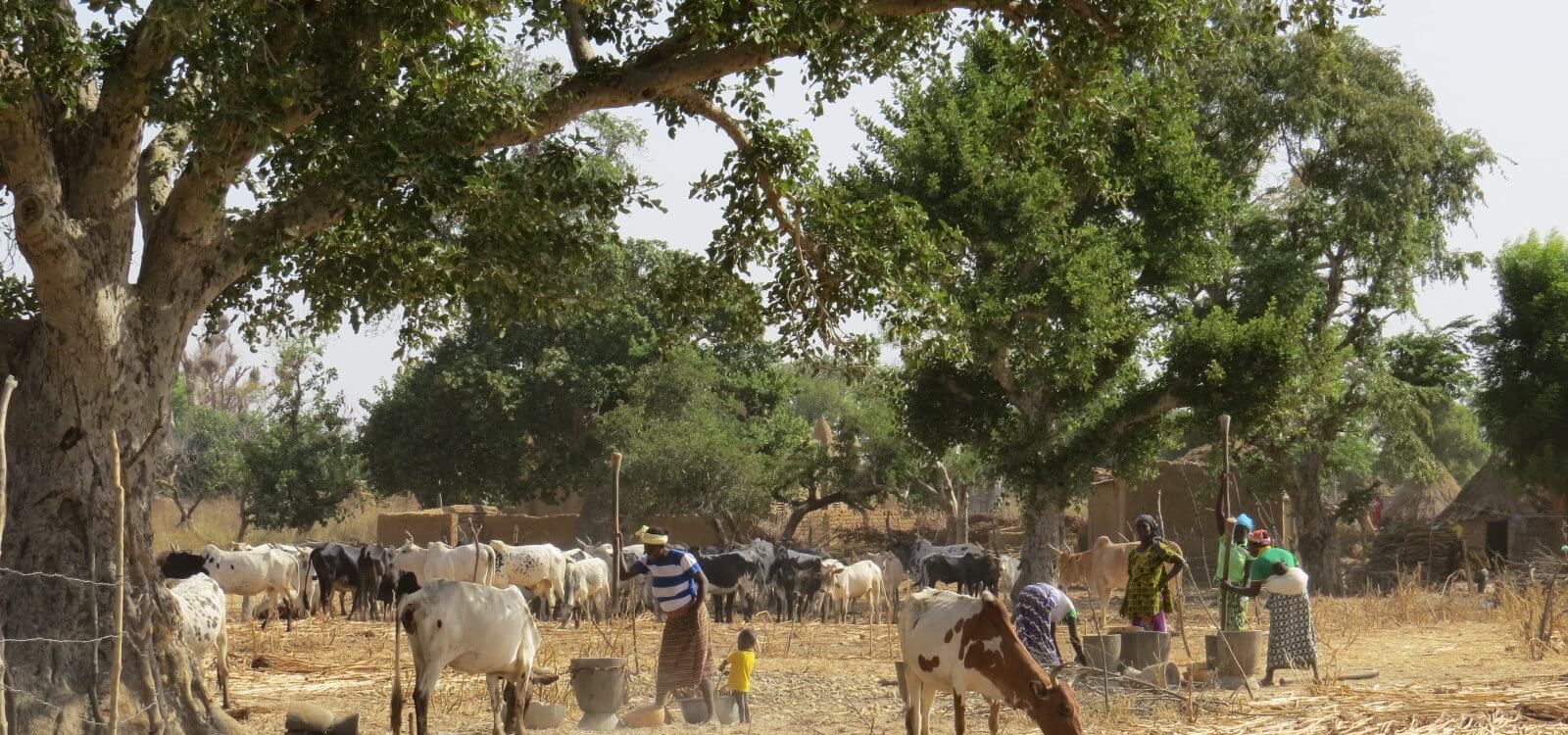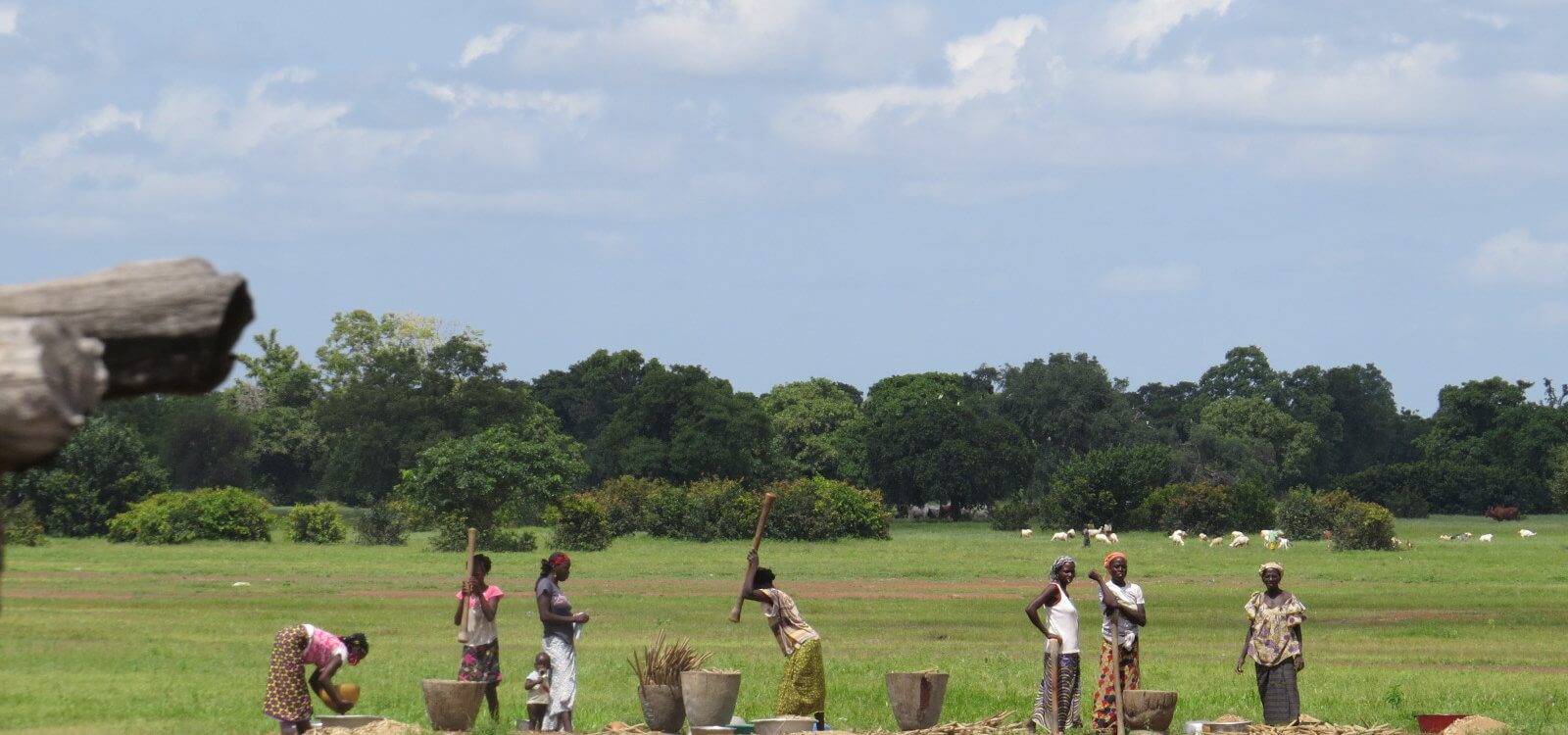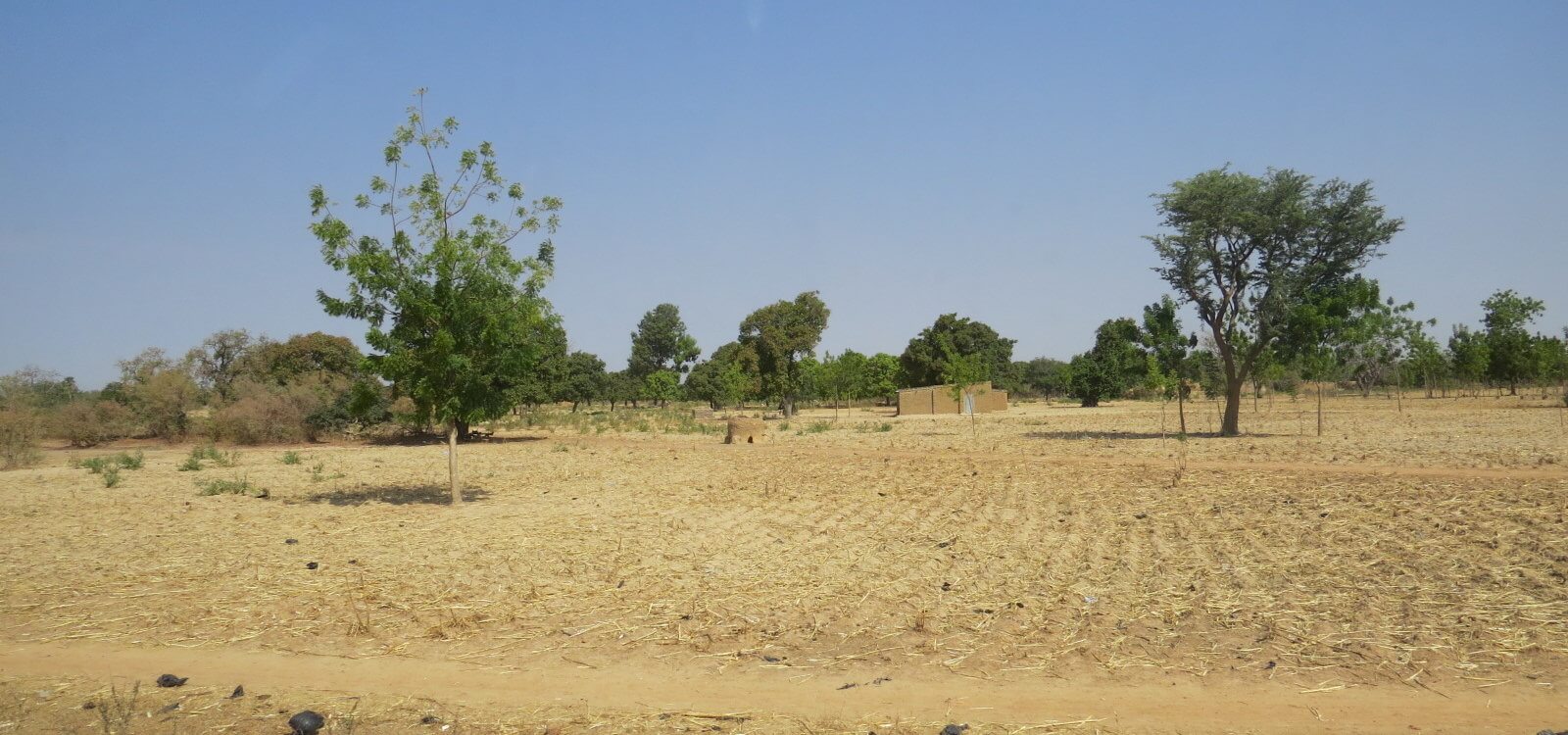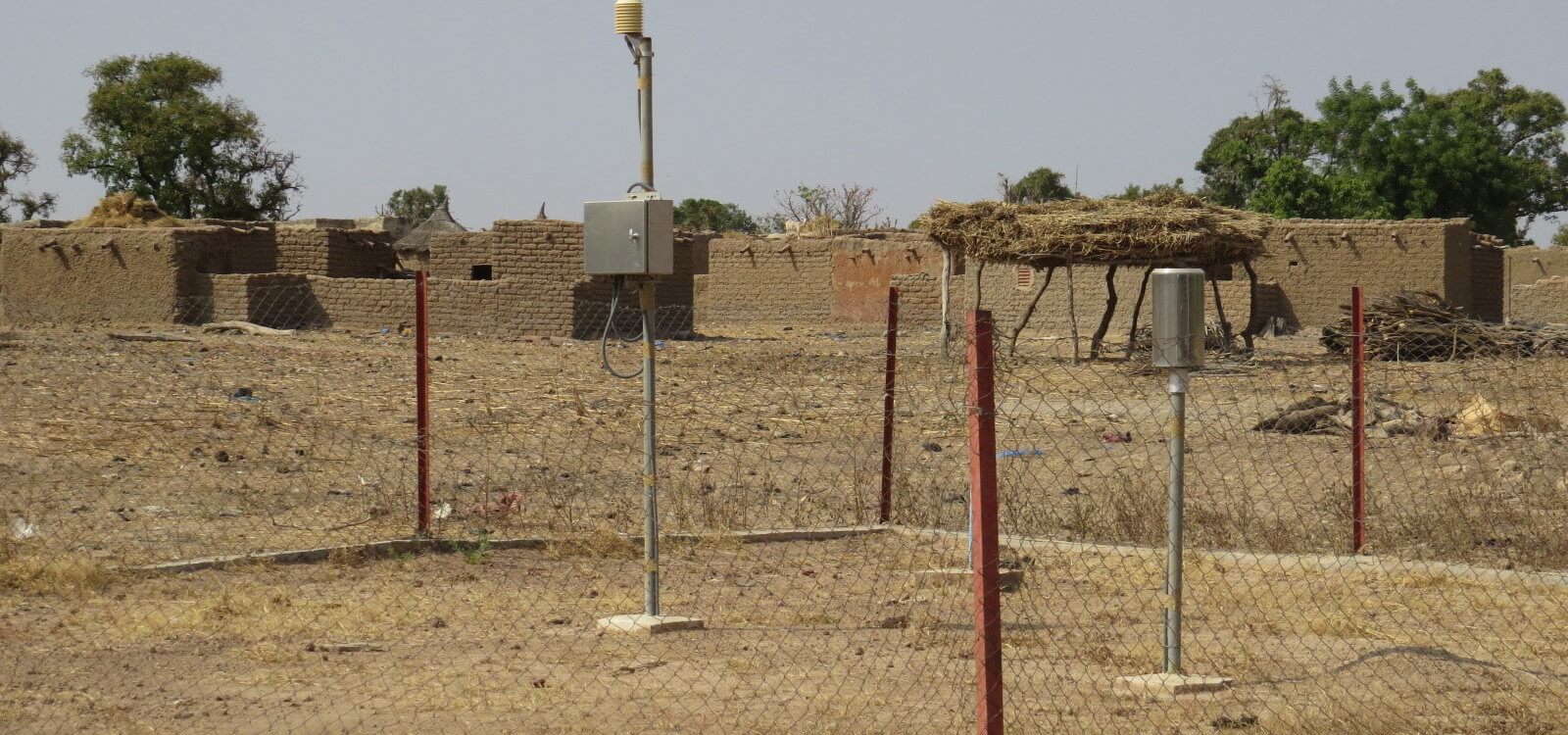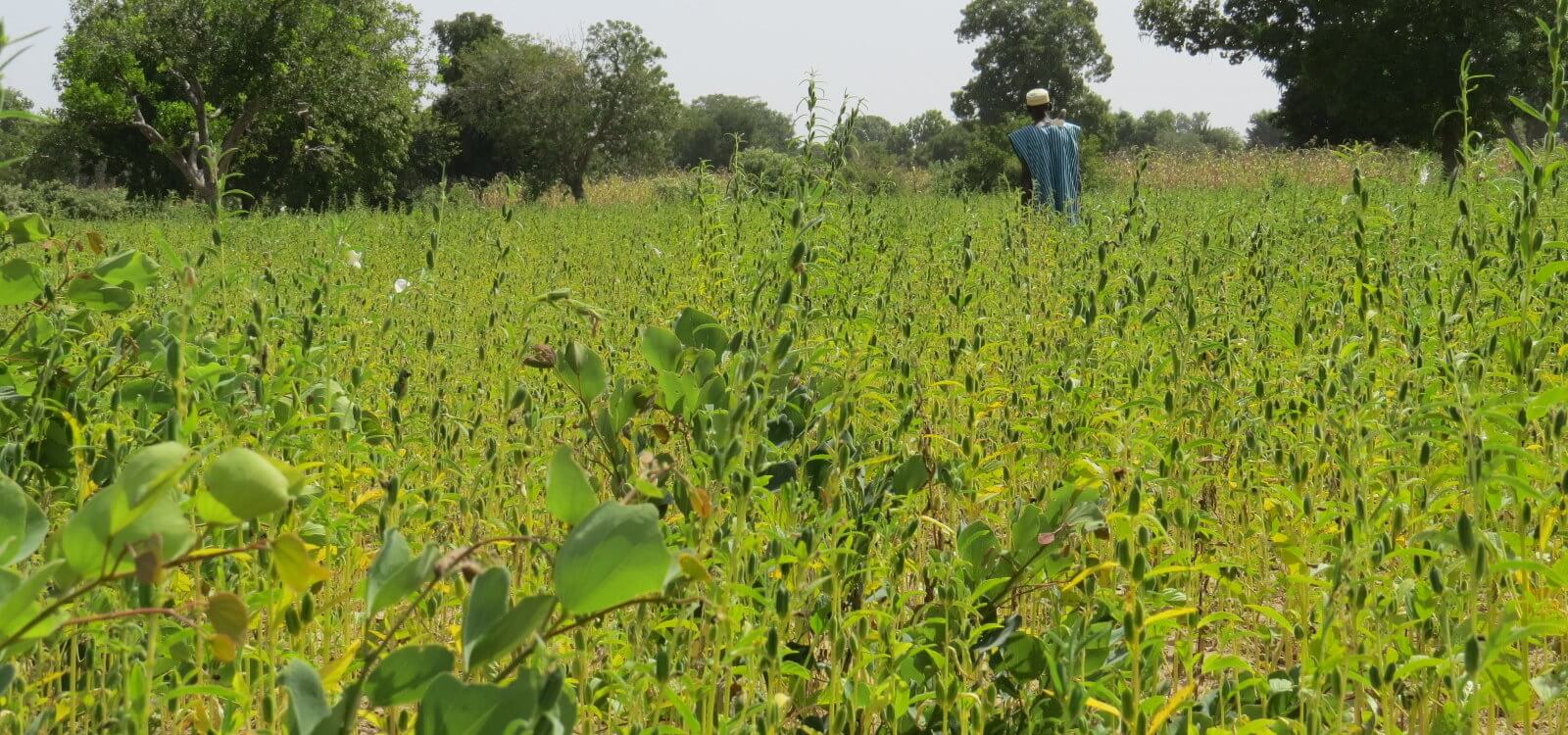Projects / P5


Industry Partners
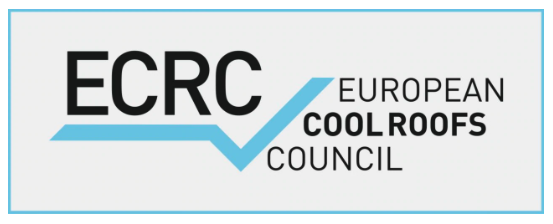



Behavioural economics approach to determine how reducing heat stress through cool-roofs affects social behaviour and food preferences
Background:
- There is a long list of empirical literature linking high ambient temperature to psychosocial behavior such as depression, aggression and intra-household relationships
Research objectives:
- Study the causal effect of lower indoor temperature on pro-social behavior and food preferences.
- Explore intra-household heterogeneities by surveying male and female members of the same household separately by accounting for the degree of privacy of interviews.
Methods:
- Given the random assignment of the cool roof intervention and control homes, we will conduct an econometric estimation of the socio-economic effect of the lower ambient temperature using appropriate regression methods. We will then apply a battery alternative control variables and specifications.
Contributing Scientists (in alphabetical order):
Prof. Dr. Dr. Till Bärnighausen (Heidelberg Institute of Global Health, Heidelberg University)
Prof. Dr. Tilman Brück (Team leader, Leibniz Institute for Vegetable and Ornamental Plant Production)
Dr. Aditi Bunker (Heidelberg Institute of Global Health, Heidelberg University)
Dr. Mekdim Dereje (Leibniz Institute for Vegetable and Ornamental Plant Production)
Dr. Ali Sie (Director, Centre de Recherche en santé de Nouna)

